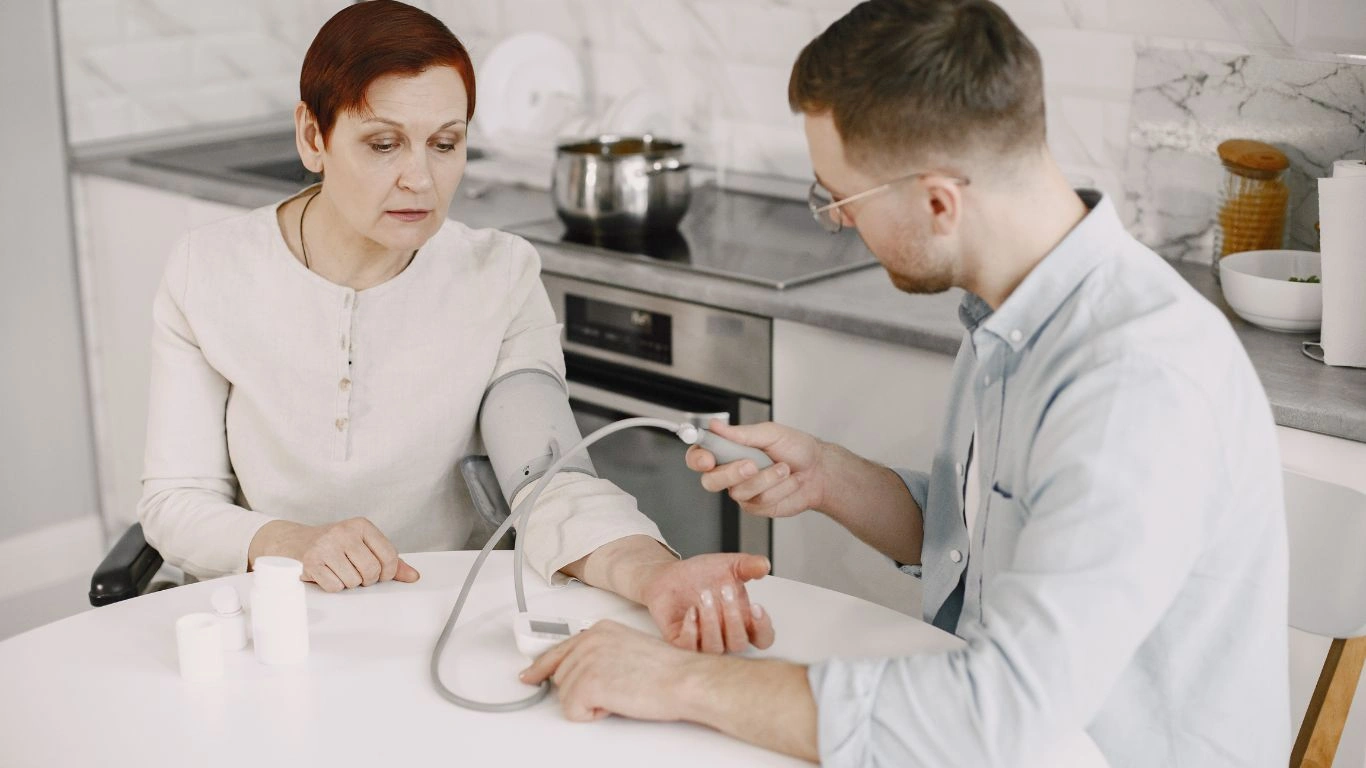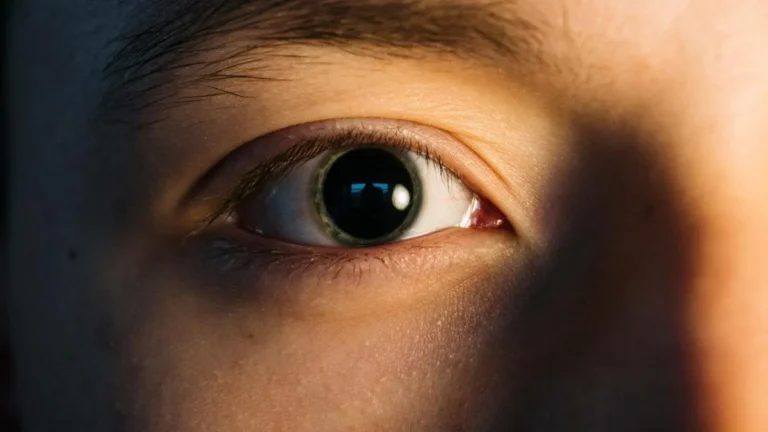Understanding Hypertension: Causes, Symptoms, & Treatment Options
Hypertension, or high blood pressure, is a condition that affects millions of people worldwide, yet many don’t realize they have it. As an Internal Medicine Physician with a focus on hypertension management, I’ve witnessed firsthand how this “silent killer” can go unnoticed until it leads to severe health complications. Understanding Hypertension is crucial not only for individuals already diagnosed but also for those at risk of developing it. The good news is that with the right information and early intervention, hypertension can be effectively managed and even prevented in many cases.
What Exactly is Hypertension?
At its core, hypertension is a condition where the force of blood against the walls of your arteries is consistently too high. This can put added strain on your heart and blood vessels, increasing the risk of serious health problems such as heart disease, stroke, and kidney failure. However, the real challenge is that hypertension often doesn’t come with obvious symptoms, which is why it’s so important to get regular check-ups.
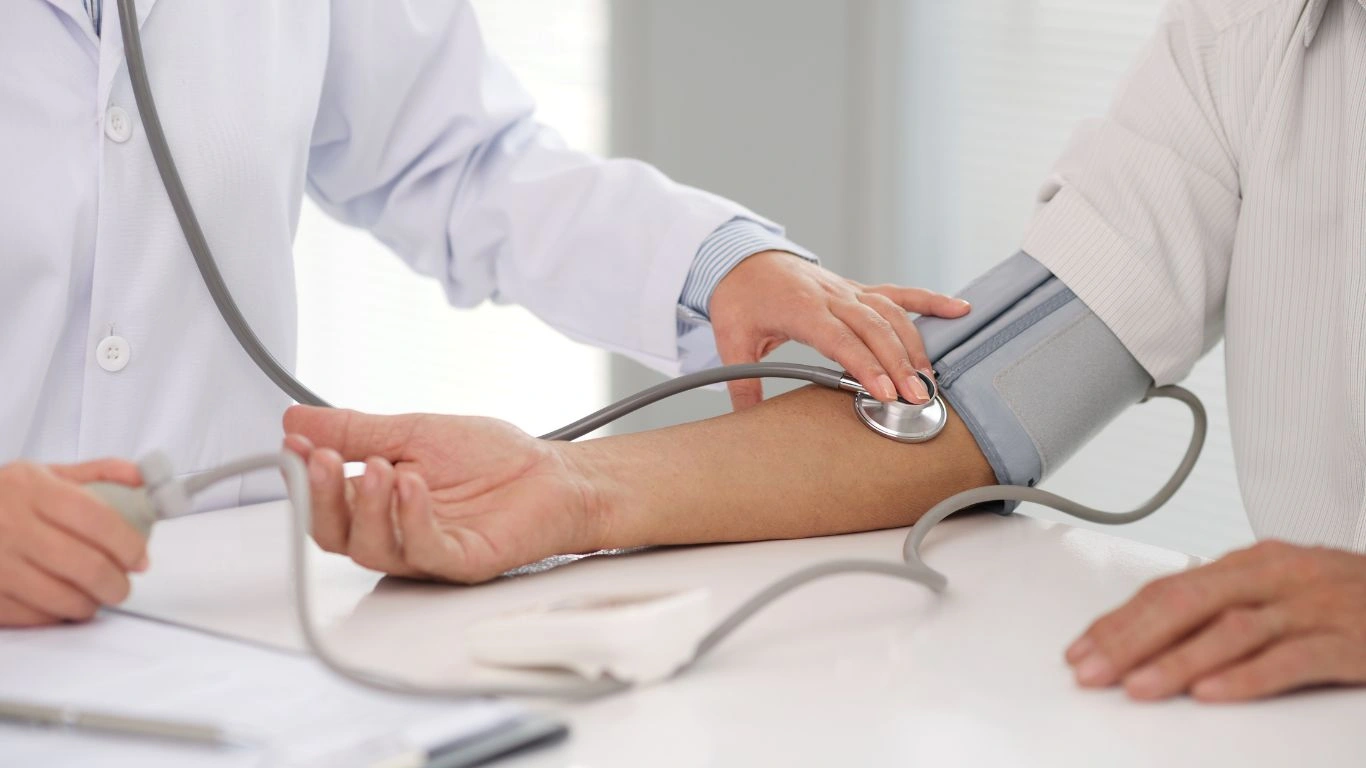
The Two Types of Hypertension
Hypertension is classified into two types: primary (or essential) hypertension and secondary hypertension.
- Primary Hypertension: This is the most common type and develops gradually over many years. The exact cause isn’t always clear, but factors like age, genetics, and lifestyle choices contribute significantly to its onset.
- Secondary Hypertension: This type is less common and is caused by an underlying condition, such as kidney disease or hormone imbalances. If the underlying condition is treated, secondary hypertension can often be managed more effectively.
Why Should You Care About Hypertension?
You might be thinking, “Why is hypertension such a big deal?” Well, the answer is simple: its complications. The longer your blood pressure remains high, the more damage it can do to your arteries, heart, and other vital organs. I’ve seen patients come in with symptoms they didn’t even realize were connected to hypertension, such as dizziness, shortness of breath, or severe headaches. By the time we diagnose it, significant damage might already have occurred, which could have been avoided with earlier intervention.

The Link Between Hypertension and Heart Disease
Heart disease and hypertension go hand in hand. Over time, high blood pressure can cause your heart to work harder, leading to conditions like heart failure, coronary artery disease, and even heart attacks. In fact, high blood pressure is one of the leading causes of heart disease, and I’ve often found that patients who manage their blood pressure properly can significantly reduce their risk of heart-related complications.
The Silent Nature of Hypertension
One of the most challenging aspects of hypertension is that it doesn’t usually come with noticeable symptoms. People can live with high blood pressure for years without realizing it. As a physician, I often stress the importance of regular blood pressure checks, especially for those with risk factors such as family history, obesity, or a sedentary lifestyle. It’s a simple task that can save lives!
Risk Factors: Who Is at Risk?
While anyone can develop hypertension, certain factors increase your likelihood of developing it. Here are some of the most common risk factors:
- Age: Blood pressure tends to rise as you get older. In fact, adults over 60 are at higher risk for developing hypertension.
- Family History: If your parents or close relatives have high blood pressure, you’re more likely to develop it as well.
- Obesity: Carrying excess weight puts extra strain on your heart and arteries, which can lead to high blood pressure.
- Physical Inactivity: Lack of exercise can contribute to weight gain and higher blood pressure. Regular physical activity can help reduce both.
- Diet: Eating too much salt, processed foods, and not enough fruits and vegetables can raise your blood pressure.
These risk factors don’t guarantee you’ll develop hypertension, but they do increase your chances. The good news is that many of them are modifiable with lifestyle changes. I’ve helped countless patients make adjustments that not only improve their blood pressure but also enhance their overall health.
Hypertension and Lifestyle Choices
When it comes to managing hypertension, lifestyle choices matter a lot. Things like maintaining a healthy weight, staying active, eating a balanced diet, and reducing stress can have a significant impact on your blood pressure. As a physician, I always emphasize the importance of these changes, especially when combined with regular medication, if necessary. Even small adjustments, such as reducing sodium intake or increasing physical activity, can lead to big improvements.
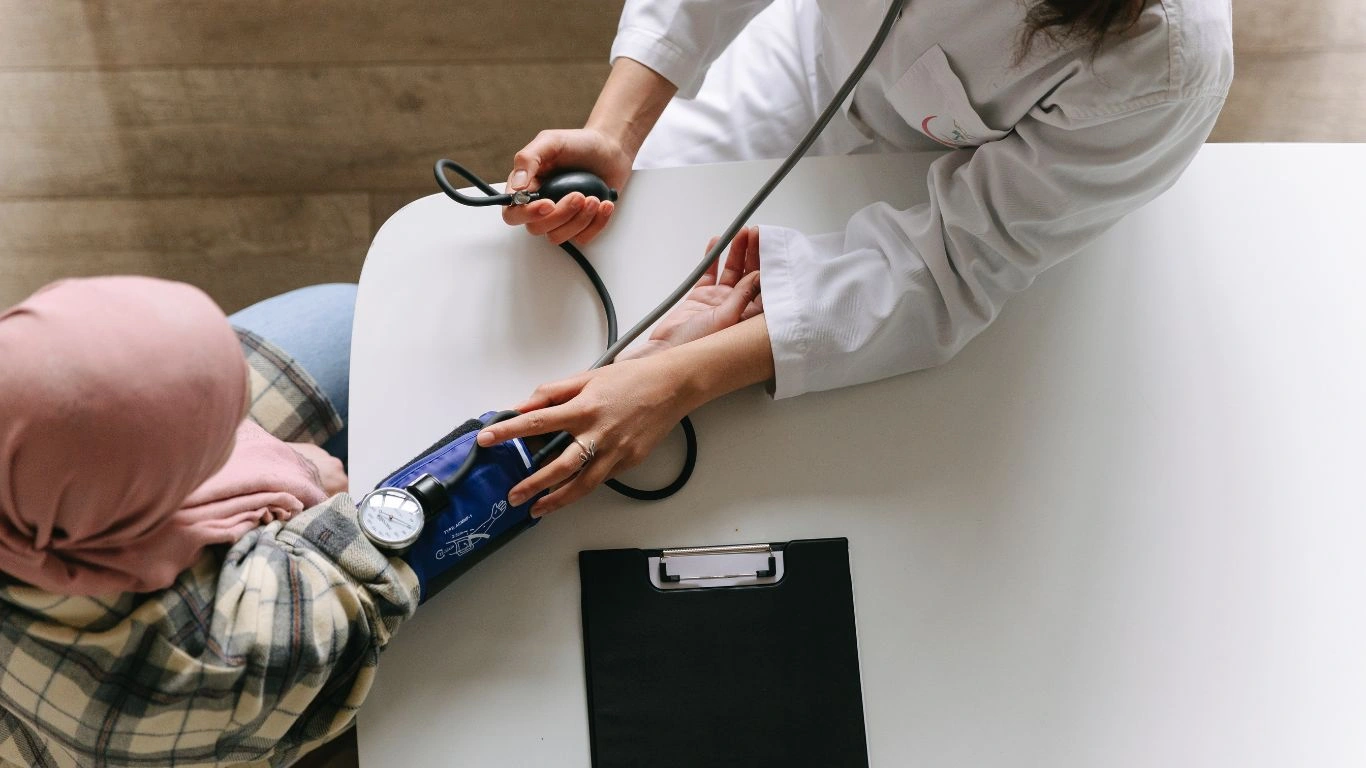
Preventing Hypertension: It’s Never Too Early
One of the best things you can do is take proactive steps to prevent hypertension before it becomes a problem. Starting early with healthy habits can lower your risk significantly. This might include eating a heart-healthy diet (like the DASH diet), staying active, managing stress, and keeping an eye on your weight. Regular monitoring of your blood pressure, especially if you have risk factors, is essential to catch any changes early.
How to Diagnose Hypertension
Diagnosing hypertension is a straightforward process but one that requires attention to detail. When patients come into my office, the first thing we do is check their blood pressure using a sphygmomanometer, which is just a fancy name for a blood pressure cuff. We usually take at least two or three readings, as blood pressure can fluctuate throughout the day. This helps ensure that we aren’t mistaking a temporary spike for a persistent issue.

What Are the Blood Pressure Numbers?
Blood pressure readings are recorded as two numbers, written like this: 120/80 mmHg. Here’s what each number means:
- Systolic pressure (the first number): This is the pressure in your arteries when your heart beats and pumps blood. It’s the higher of the two numbers.
- Diastolic pressure (the second number): This is the pressure in your arteries when your heart is resting between beats. It’s the lower number.
To be considered normal, your blood pressure should ideally be below 120/80 mmHg. Anything consistently higher than this may be a sign of hypertension. When I explain this to patients, I emphasize that even slight increases in either number can be a red flag, especially if they have risk factors like a family history of hypertension.
What If I Get an Elevated Reading?
It’s common for people to experience high blood pressure readings during stressful situations, like a doctor’s visit—this is known as “white coat syndrome.” If you’re nervous, your blood pressure might temporarily spike. That’s why I always tell patients not to panic if they get a high reading. It’s important to have follow-up measurements to confirm whether the blood pressure is consistently high. If your readings stay elevated, we’ll likely explore further tests or a diagnosis of hypertension.
How Hypertension Affects Your Body
If left unchecked, hypertension can wreak havoc on your body, causing long-term damage to your arteries, heart, and organs. Over the years, I’ve seen patients who’ve struggled with high blood pressure for so long that it has led to irreversible health issues. Here’s a closer look at some of the ways hypertension can affect your health:

Heart and Blood Vessels
One of the most significant effects of untreated hypertension is on the heart. When your blood pressure is consistently high, it forces your heart to work harder to pump blood through your body. Over time, this can lead to heart failure or heart disease. I’ve seen many patients who develop coronary artery disease or suffer heart attacks due to years of undiagnosed or poorly managed hypertension.
The constant strain on the arteries can also lead to them becoming stiffer, less elastic, and even damaged. This can eventually cause blood flow issues throughout your body, raising the risk of stroke and other cardiovascular complications. Managing hypertension early can prevent this kind of damage.
Kidneys and Hypertension
Your kidneys filter waste from your blood, but when blood pressure is high, the blood vessels in the kidneys can become damaged. I often see patients with chronic kidney disease whose hypertension went undiagnosed for years. In extreme cases, untreated hypertension can lead to kidney failure. This is why it’s so important to monitor your blood pressure and keep it in check before it leads to kidney damage.
Treating Hypertension: Medications and Lifestyle Changes
While lifestyle changes are an essential part of managing hypertension, sometimes medications are necessary. Hypertension is a chronic condition, but the good news is that with the right treatment, it’s manageable. As a doctor, I work closely with my patients to tailor their treatment plans. Here’s an overview of common medications and lifestyle changes I often recommend:

Medications for Hypertension
There are several classes of medications that can help lower blood pressure. The right one for you depends on factors like your overall health, the severity of your hypertension, and whether you have any other medical conditions. Some of the most common medications include:
- Diuretics: Often referred to as “water pills,” these help your body get rid of excess sodium and water, reducing blood volume and lowering blood pressure.
- ACE inhibitors: These medications help relax blood vessels and reduce blood pressure by blocking a hormone that narrows blood vessels.
- Calcium channel blockers: These help relax and widen blood vessels by preventing calcium from entering the cells of the heart and blood vessels.
- Beta-blockers: These lower blood pressure by reducing the heart rate and the amount of work your heart does to pump blood.
For some patients, a combination of medications is needed to keep blood pressure under control. The goal is to find the right balance that works best for you.
Lifestyle Changes That Can Help Lower Blood Pressure
Medications can work wonders, but lifestyle changes are just as important. In fact, in some cases, lifestyle changes alone can be enough to manage or even reverse hypertension. Some of the key lifestyle modifications I recommend include:
- Diet: A healthy diet can do wonders for your blood pressure. Reducing your sodium intake, eating more potassium-rich foods, and incorporating more whole grains, fruits, and vegetables can help lower your numbers. The DASH (Dietary Approaches to Stop Hypertension) diet is a great place to start!
- Exercise: Regular physical activity strengthens your heart and helps lower your blood pressure. I recommend at least 30 minutes of moderate exercise, like walking, five times a week.
- Weight Loss: Losing even a small amount of weight can significantly reduce blood pressure, especially if you’re overweight or obese.
- Stress Management: Chronic stress can contribute to high blood pressure. Techniques like yoga, deep breathing exercises, and meditation can help reduce stress levels.
Living with Hypertension: Managing the Long-Term Effects
Managing hypertension isn’t just about taking medication and hoping for the best; it’s about making lasting changes that keep your blood pressure in check over the long term. As someone who has worked with patients for years, I’ve seen how consistently adhering to a comprehensive plan can lead to better overall health outcomes. The key is consistency, not perfection. Whether you’re newly diagnosed or have been managing high blood pressure for years, it’s important to stay proactive in your care. From regular monitoring to adjusting your lifestyle habits, there are numerous ways to keep hypertension under control and prevent its progression.
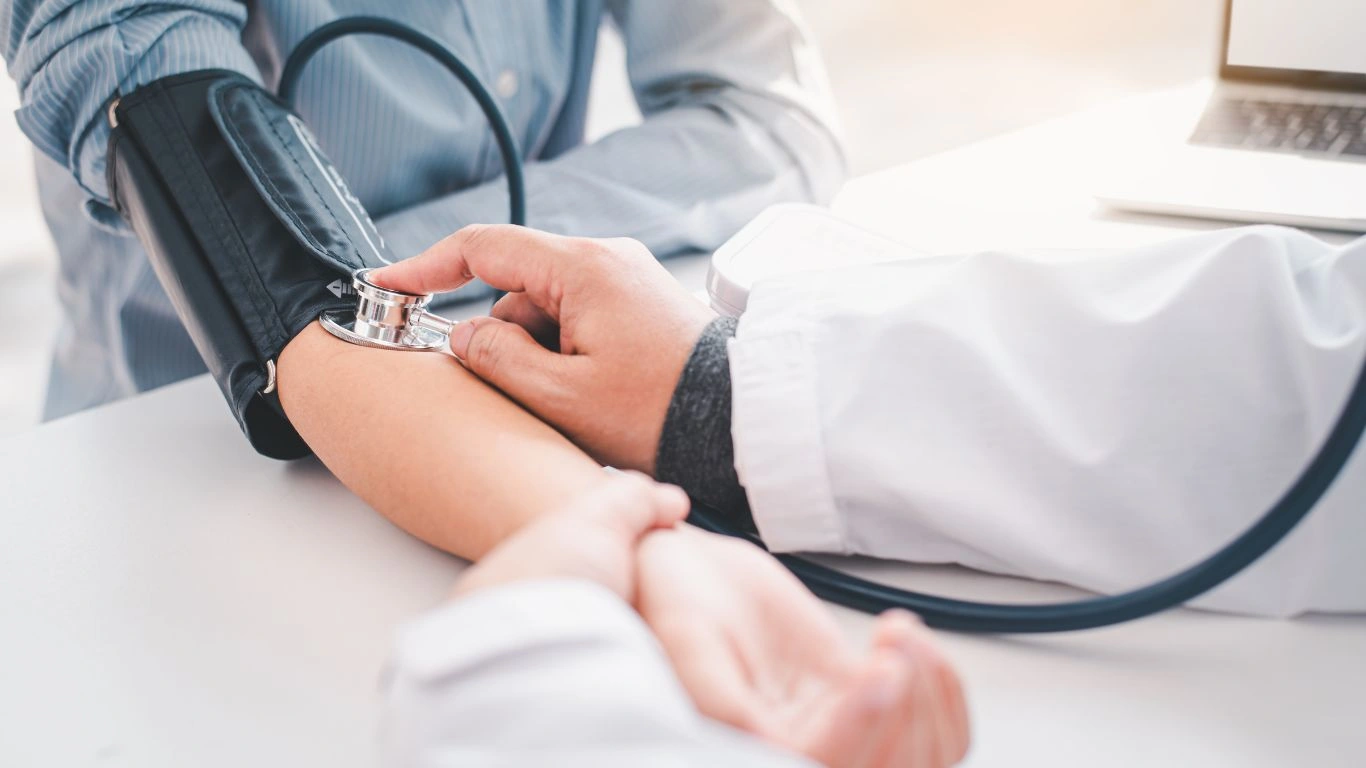
Regular Blood Pressure Monitoring
One of the most important steps you can take to manage hypertension is consistent blood pressure monitoring. As I always tell my patients, knowing your numbers is half the battle. Blood pressure can fluctuate throughout the day based on various factors like stress, activity levels, and even what you eat. This is why regular at-home monitoring can give you a better sense of how your blood pressure trends over time.
Using an at-home blood pressure cuff is a simple yet effective way to keep track. It’s an empowering step, allowing you to take control of your health. I recommend that my patients check their blood pressure at the same time each day and record the readings. This provides valuable data that you can share with your doctor during appointments, making it easier to fine-tune your treatment plan if necessary.
When to See a Doctor
Even if you’re managing your blood pressure well at home, there will always be times when you need to see a healthcare provider. If you notice any significant changes in your blood pressure readings or start experiencing symptoms like dizziness, fatigue, or chest pain, it’s essential to seek medical attention right away. These could be signs that your blood pressure is dangerously high and needs immediate treatment. Catching these changes early can prevent long-term damage to your heart, kidneys, and other organs.
The Role of Support Systems
One of the most impactful aspects of managing hypertension is having a solid support system. This could be family, friends, or even an online community. Having people who encourage you, remind you to take your medications, or just listen when you’re feeling frustrated makes a world of difference. I’ve seen patients thrive when they have that kind of support; it helps to have someone to share the load with. It’s also a good idea to work with a dietitian, personal trainer, or therapist if you’re looking to make significant lifestyle changes.
How Support Helps with Lifestyle Changes
Changing your diet, exercise routine, and stress management habits can be difficult, but with support, it becomes more manageable. For example, I’ve had patients who were hesitant to start a new workout routine, but once they enlisted a workout buddy or joined a group fitness class, they felt more motivated. Similarly, family members who help prepare healthier meals or participate in stress-relief practices like meditation with you can make sticking to your plan more enjoyable. The collective effort can create a positive feedback loop, where each success reinforces the next one.
Dealing with Setbacks
No journey is without its bumps, and managing hypertension is no exception. Sometimes, despite our best efforts, we experience setbacks. You might slip up on your diet or miss a workout, or maybe your blood pressure spikes unexpectedly. It’s important to remember that one mistake doesn’t undo all the hard work you’ve done. I always tell my patients to treat setbacks as learning opportunities. The most important thing is not to give up—get back on track and keep moving forward. This is a long-term process, and consistency is key.
Preventing Hypertension in the First Place
If you’ve been fortunate enough to avoid hypertension, consider yourself ahead of the game. But that doesn’t mean you can stop being mindful of your health. Prevention is always better than treatment, and the good news is that there’s a lot you can do to reduce your risk of developing high blood pressure. I often share these simple tips with my patients, whether they’re trying to prevent hypertension or manage an existing diagnosis:
- Maintain a Healthy Weight: Keeping your weight in check is one of the most effective ways to prevent hypertension. Even losing a small amount of weight can lower your blood pressure.
- Eat a Balanced Diet: Incorporate plenty of fruits, vegetables, whole grains, and lean proteins into your meals. Reducing sodium intake and avoiding excessive processed foods can also help keep your blood pressure in check.
- Stay Active: Regular physical activity is a cornerstone of good health. Aim for at least 30 minutes of moderate exercise most days of the week to help lower your blood pressure.
- Limit Alcohol and Caffeine: Both alcohol and caffeine can contribute to high blood pressure when consumed in excess. Moderation is key here.
- Reduce Stress: Chronic stress can elevate your blood pressure over time. Find healthy ways to cope, such as yoga, meditation, or spending time outdoors.
References
For more information on hypertension, its treatment, and prevention, I recommend checking out these trusted resources:
Disclaimer
The information provided in this article is intended for educational purposes only and is not a substitute for professional medical advice, diagnosis, or treatment. Always consult your healthcare provider before making any changes to your health regimen, especially if you have or suspect you may have hypertension or any other health condition. The author is not responsible for any actions taken based on the information provided in this article.

Dr. Gwenna Aazee is a board-certified Internal Medicine Physician with a special focus on hypertension management, chronic disease prevention, and patient education. With years of experience in both clinical practice and medical writing, she’s passionate about turning evidence-based medicine into accessible, actionable advice. Through her work at Healthusias.com, Dr. Aazee empowers readers to take charge of their health with confidence and clarity. Off the clock, she enjoys deep dives into nutrition research, long walks with her rescue pup, and simplifying medical jargon one article at a time.

